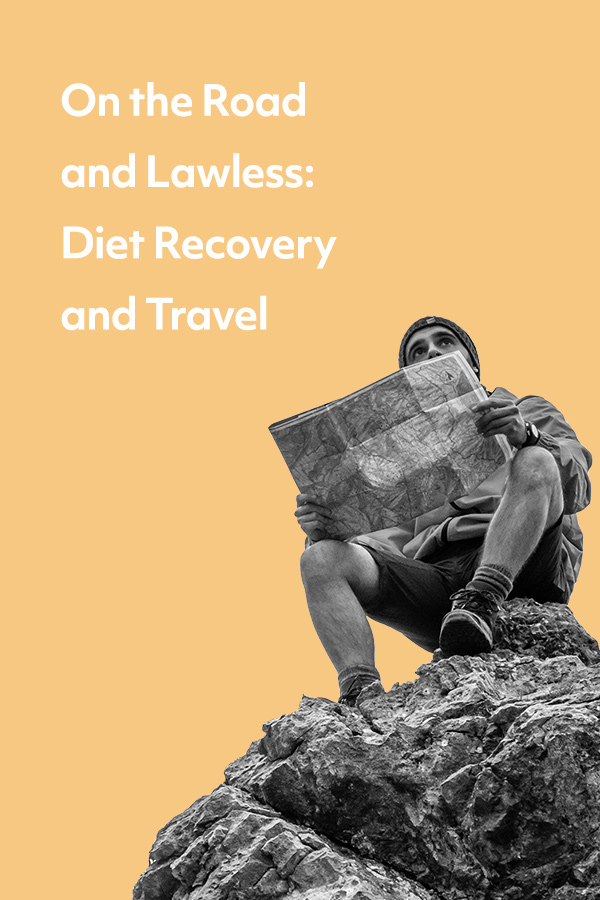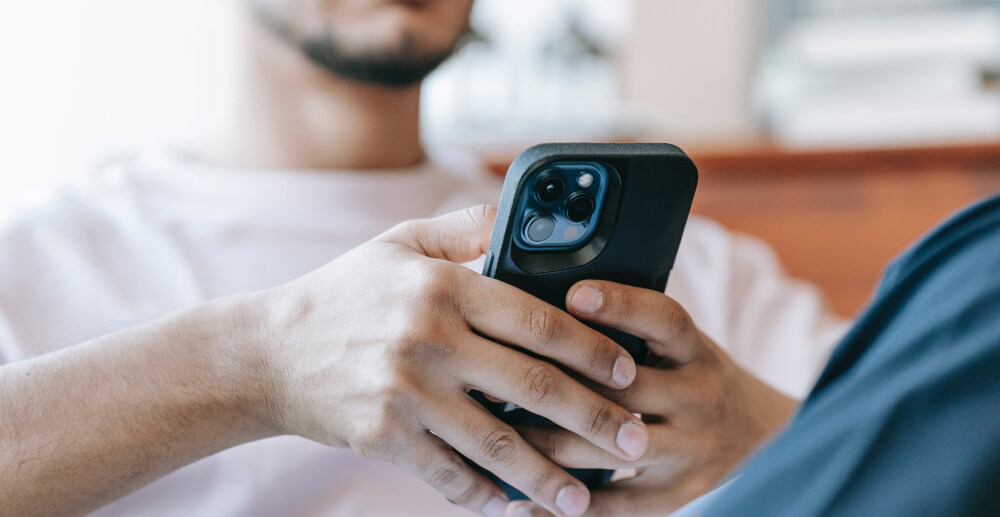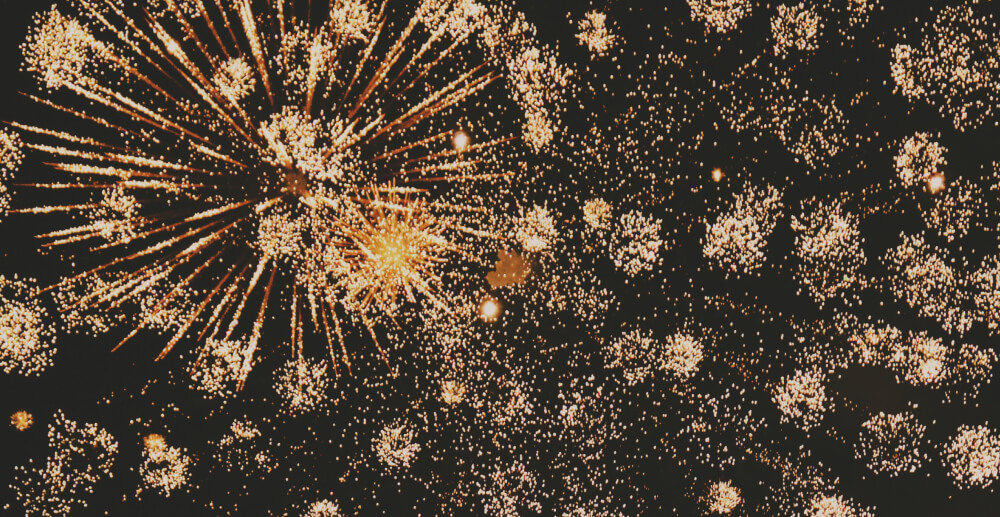Traveling in early recovery from alcohol-use disorder taught me skills for recovering from diet culture.
Early on in my sobriety, traveling was a challenge. Airplanes triggered painful memories of drinking at the gates and onboard. I flew back and forth from Florida to New York for years, sometimes for work and others for pleasure.
During my first summer of sobriety, I decided to visit the city to race on Long Island. The day before the event, I took myself on an adventure and wandered Manhattan with a smile on my face. I felt light with possibility. All songs about New York now inspired me; I could make it here, I could make it anywhere. I was welcome in New York. I shared my feelings, pictures, and excitement with friends back home.
As the day came to an end and I headed to the subway to go back to my hotel, I noticed the bars lining my path, the signs and lights more visible with night falling. The conversations coming out through their ajar doors seemed friendly, and I was lonely. I felt the lump in my throat and tears welling. I began to recall how many of the people I messaged earlier in the day hadn’t replied. I spiraled into making a list of the reasons I was unlovable and unlikeable.
On the train, I remembered that there was a bar in the lobby of my hotel and wondered if it would matter to me or anyone else if I imbibed. At my stop, I decided to resurface and call a friend. I hadn’t needed help like this up until that moment. Most of my sobriety at the time had gone relatively unchallenged—I kept myself safe in routines and minimized exposure to triggers. I wasn’t prepared to consider drinking again; luckily, my recovery program was. Reaching out, I was met with kindness and encouragement at the other end of the line. A reminder that the only person who would know if I drank that night was me, the most important one. I fell asleep that night feeling like I had already won a race, that the distance I went in the few hours before sleep should be considered a marathon.
On a different occasion a year or so later, I checked into a high-end hotel in which my room included a fully stocked wet bar. I approached the area with caution, surveying the inventory as if it might bite. This approach wasn’t flawed; my previous experiences alone and with alcohol were dangerous, and I needed to take this seriously. I decided to call the lobby and ask them to remove the contents of the wet bar. I watched as staff quickly emptied the shelves without comment or incident. It was getting easier to protect myself even when the threat to my sobriety was less a roar and more an echo.
Applying the lessons I’ve learned to other kinds of recovery
Overcoming these travel obstacles required a lot of intention. Alcohol is a powerful part of our culture, and wherever we go, there it is. However, as time went on and my recovery evolved, so did challenges on the road. Lately, I have been implementing anti-diet practices into my life. Being sober exposes me to other parts of myself that still need healing. The most extensive wound I have is the one around scarcity. I used to drink at the feeling of being empty and abandoned, and now that I don’t, my adaptation has been food control. Dieting allows me to focus on what goes into my body; it enables me to create and abide by strict rules. It makes my life predictable, safe, and miserable. I knew that if something made me this unhappy, it couldn’t be good for me. So, I had to stop dieting to find peace, making me lawless about food. There are no rules or applied morality to my eating. Living without a diet feels like traveling without directions; I am always lost.
I recently took a trip to the woods with my partner. The untethered feeling was by my side on the trail and at every elevation. The raw beauty and ruggedness were not enough to quiet the discomfort of being without a manifest. However, on our hikes, I was able to talk about this issue and bring up the thoughts and feelings I experienced. We would chat about this being my source wound, the one from which all others had been born—alcohol, denial of sexuality, you name it. I realized that as a child, no one had trusted me to feed myself, no one encouraged me to listen to my hunger or lack thereof. I always thought that what I wanted in life was too much and at the same time, what I was capable of was too little—feeding myself included. This reflection was helpful, and I found myself relaxing enough to enjoy my time for once.
Slowly, I am applying the guardrails I learned from traveling in early sobriety to traveling in early recovery from dieting. It would be easy to say that this is more difficult because, unlike drinking, I can’t quit food. But this isn’t really about food. Food is not the problem and never was. Anti-Diet practices require me to trust that my body knows what it needs—this is about believing that I will have enough of what I need for always, even on vacation.










